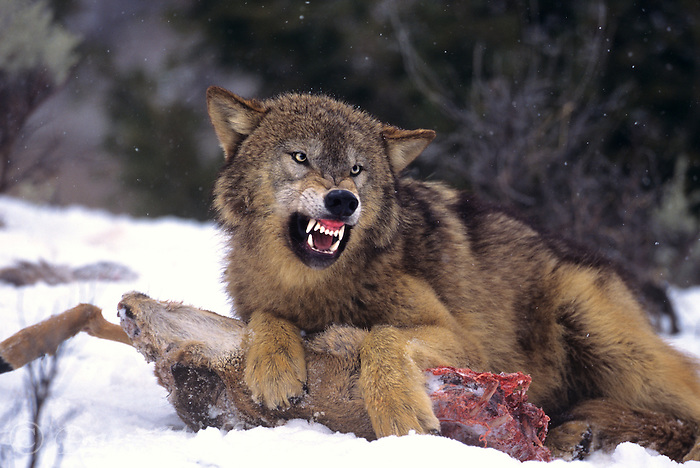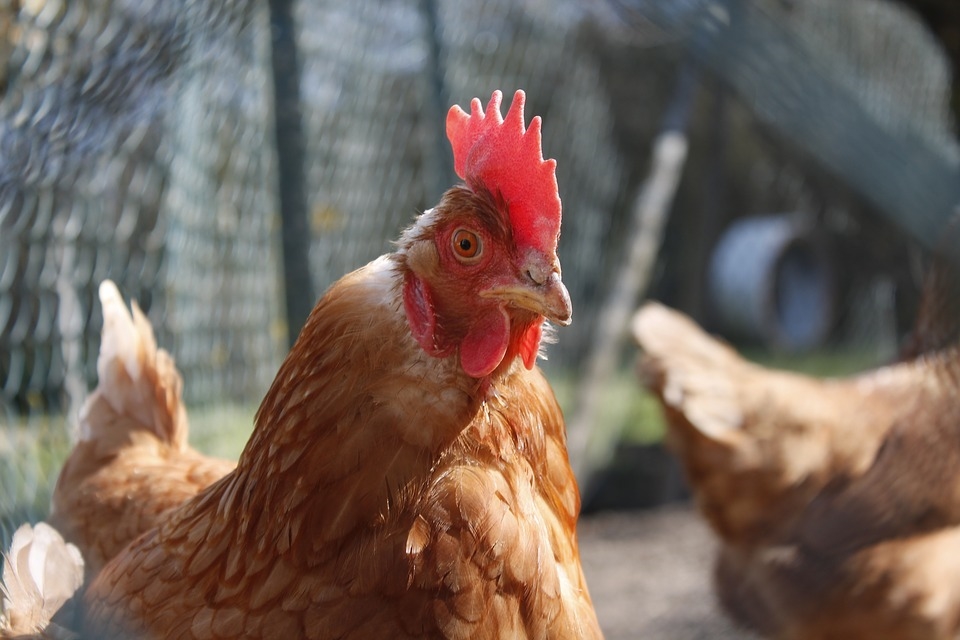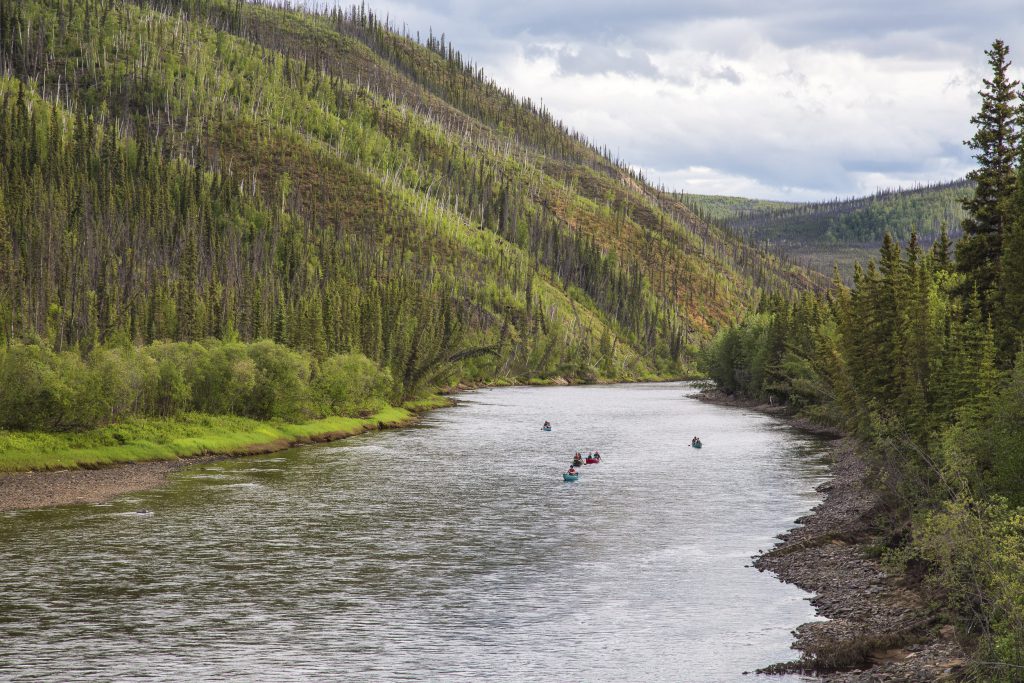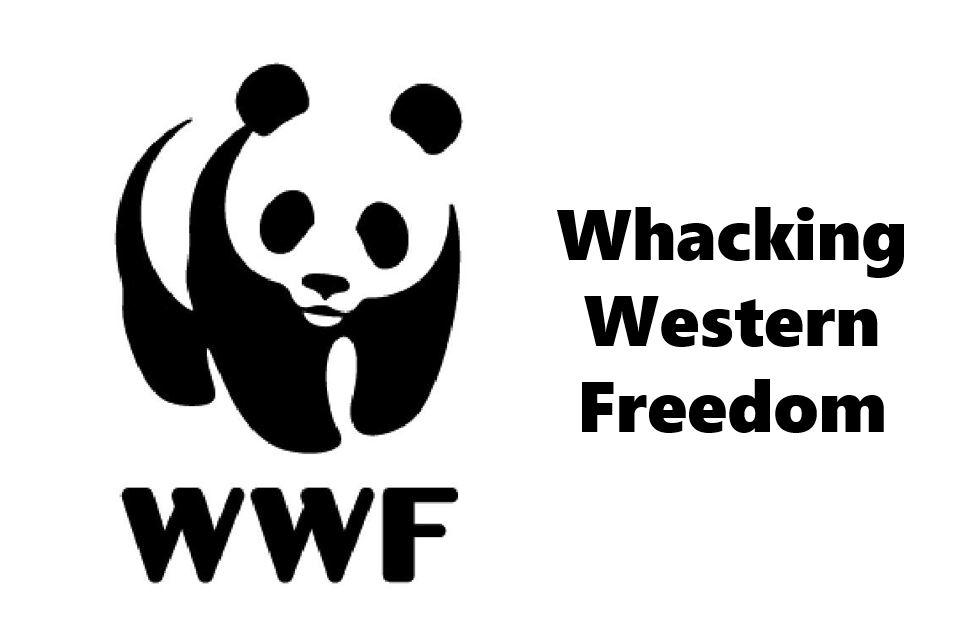With the ability to travel long distances the wolf has a history of not stopping at state lines. As many things in nature cross boundaries so does the wolf. But there are laws that provide protection to the wanderings of nature. Migratory birds and animals, rivers and plants all have their protections but the wolf has no such agreed arrangement.
DELISTING THE WOLF CREATES SANCTUARY STATES
Letter by Mark Coats
I am a rancher just south of the California/Oregon border where I graze cattle in both states. The wolf issue came when OR7 entered California in 2011 and passed through my ranch, that’s when my interest in wolves began. When we had the first probable cattle/wolf kill in Siskiyou County California in August 2015 I was president of our local Cattlemen Association and we now have a lot more wolves with frequent sightings.
There are many folks celebrating the federal delisting of the wolves. In my area both Oregon and California still have the wolf listed and protected under the states’ Endangered Species Acts (ESA). For us nothing has changed, or has it?
In developing Rancher Predator Awareness, www.rancherpredatorawareness.com a Stockmanship skill that promotes the defensive posture of the herd group as a deterrent, I have met many folks on both sides of the issue. By lifting restrictions in one area and keeping restrictions in other areas, it seems to me that the pro-wolf groups will soon return to reestablishing the reintroduction of wolves from non-protected areas to protected areas. They will privately readopt the federal program of reintroduction that brought the wolf here in the first place. By removing the endangered status of the wolf nationally and leaving other states protected we give the protected states a “Sanctuary Status” which has a familiar ring to it. Deregulation in one area may allow NGO’s to move wolves to areas that have ESA’s in place, over burdening the states that still have a protected status and overwhelming public resources and placing excess pressures on the ranching community and the wild life in those areas.
With the ability to travel long distances the wolf has a history of not stopping at state lines. As many things in nature cross boundaries so does the wolf. But there are laws that provide protection to the wanderings of nature. Migratory birds and animals, rivers and plants all have their protections but the wolf has no such agreed arrangement. So, with a few footsteps the regulations regarding the wolves’ life and the wolves’ encounters may change, from not protected to protected. It’s human nature to override nature’s natural habitats, either to protect them or to manage them. Humans will argue their side is right whatever side they are on.
The horror of the Paradise fire in California was the result of non-management of the forest fuel loads because of restrictions placed to protect the Spotted Owl and its environment. By beginning the reintroduction of wolves USFWS set in motion one of the most successful projects in history, far exceeding the original objective and goals. Then after such elevated achievements USFWS had an opportunity to join the states together and create a wolf management plan so that each state could have set standards. Instead, the option they chose was to simply delist and allow each state to fend for themselves. Increasing predator populations and doing nothing will have an equally devastating result as the non-management effects did in Paradise, California.
By Mark Coats
Free Range Report
Thank you for reading our latest report, but before you go…
Our loyalty is to the truth and to YOU, our readers!
We respect your reading experience, and have refrained from putting up a paywall and obnoxious advertisements, which means that we get by on small donations from people like you. We’re not asking for much, but any amount that you can give goes a long way to securing a better future for the people who make America great.
[paypal_donation_button]
For as little as $1 you can support Free Range Report, and it takes only a moment.



